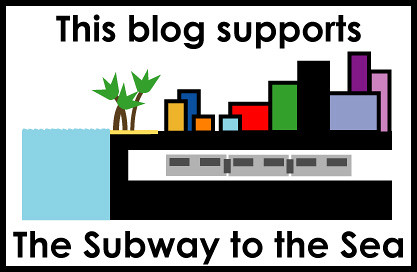No question that Oakland is a full-on bonfire, soaked in gasoline and just waiting for a match or two. Chronicle columnist Chip Johnson and reporter Henry Lee have provided readers a long running and deep image of a city off its moorings, from hapless (or absent or corrupt) government leaders to rampant homicide.This has been boiling for a while. Oakland seemed a bit sleepy for a while but Dellums being the absent professor isn't helping and no one has really taken a leadership role in the city of late. I'm not afraid but rather sad. The city has such great potential but seems to have a bit of a complex. Always overshadowed by San Francisco, Oakland developed an identity related to the bad things that have happened. But it has great qualities. It has great bones.
Working downtown has given me some perspective, but I don't understand most of the dynamics. The underlying issues need attention. And I don't think anyone in the leadership of the city is paying enough attention to what is going on deep down to actually fix it. I don't know the answer, but hopefully someone will think outside the box on this. The shooting was just one event, but so was the killing of Franz Joseph. It's a powder keg in Oakland and we need a solution. Where's the leadership summit? Where are the bright minds and big hearts? This is a cycle that must be broken.



